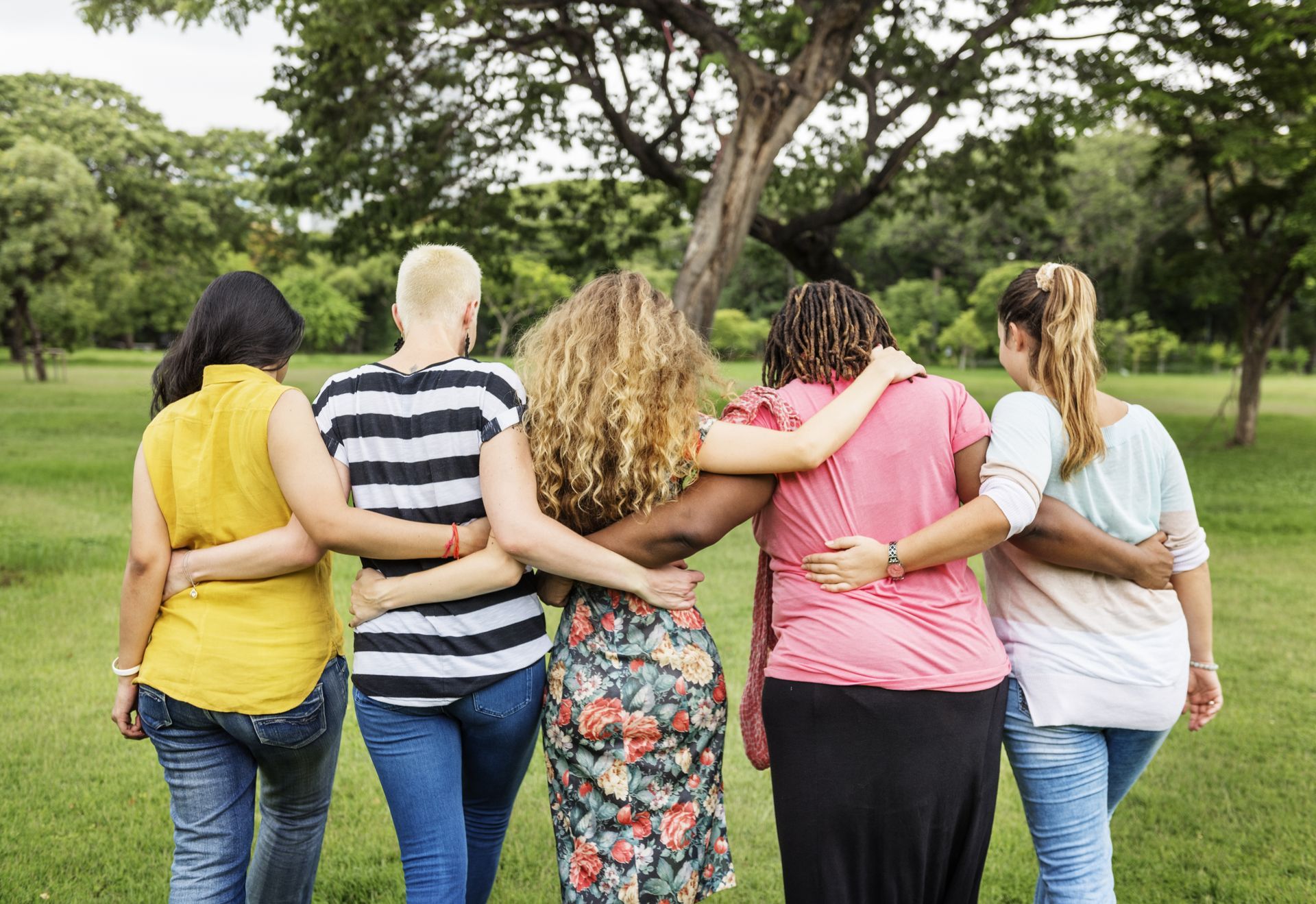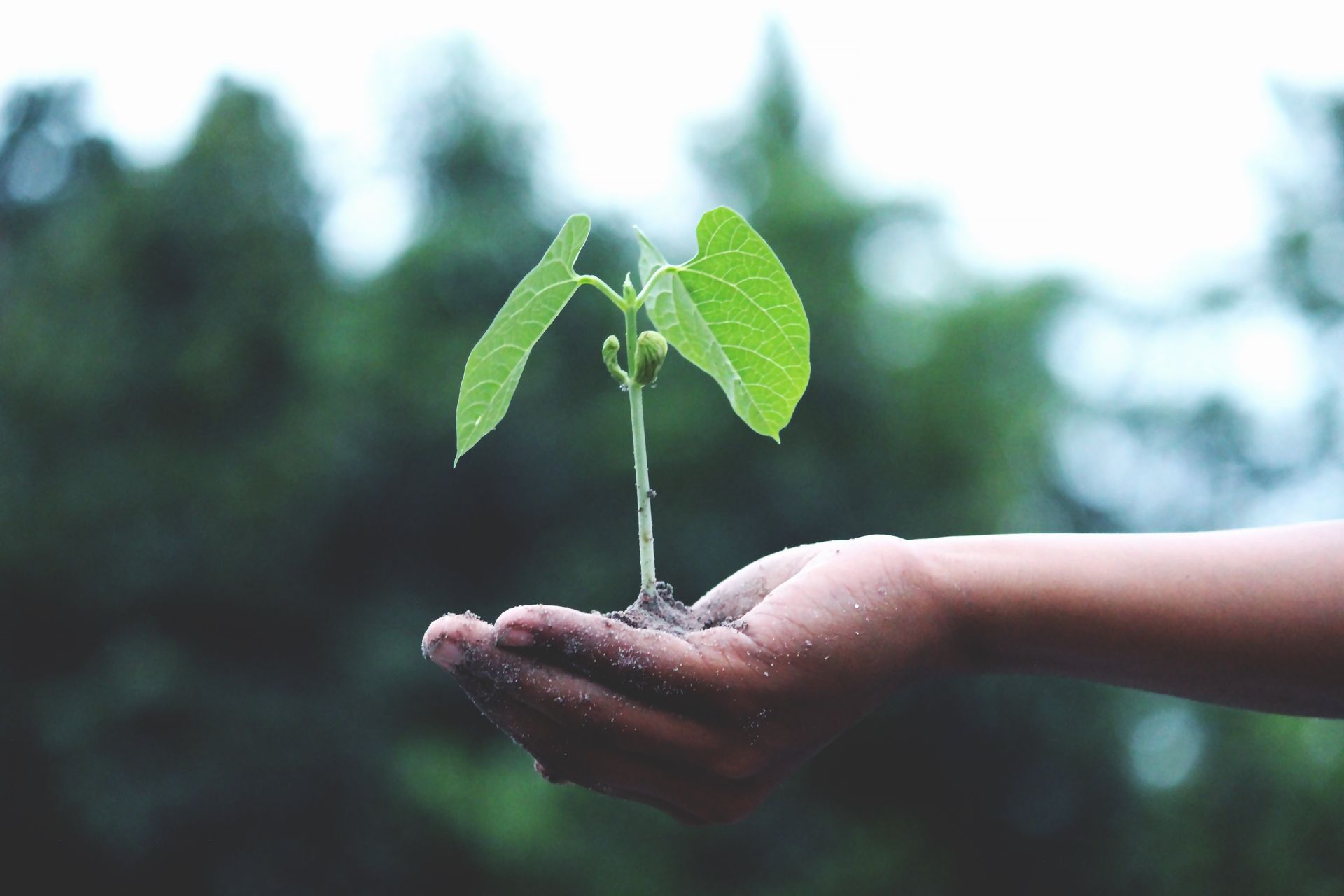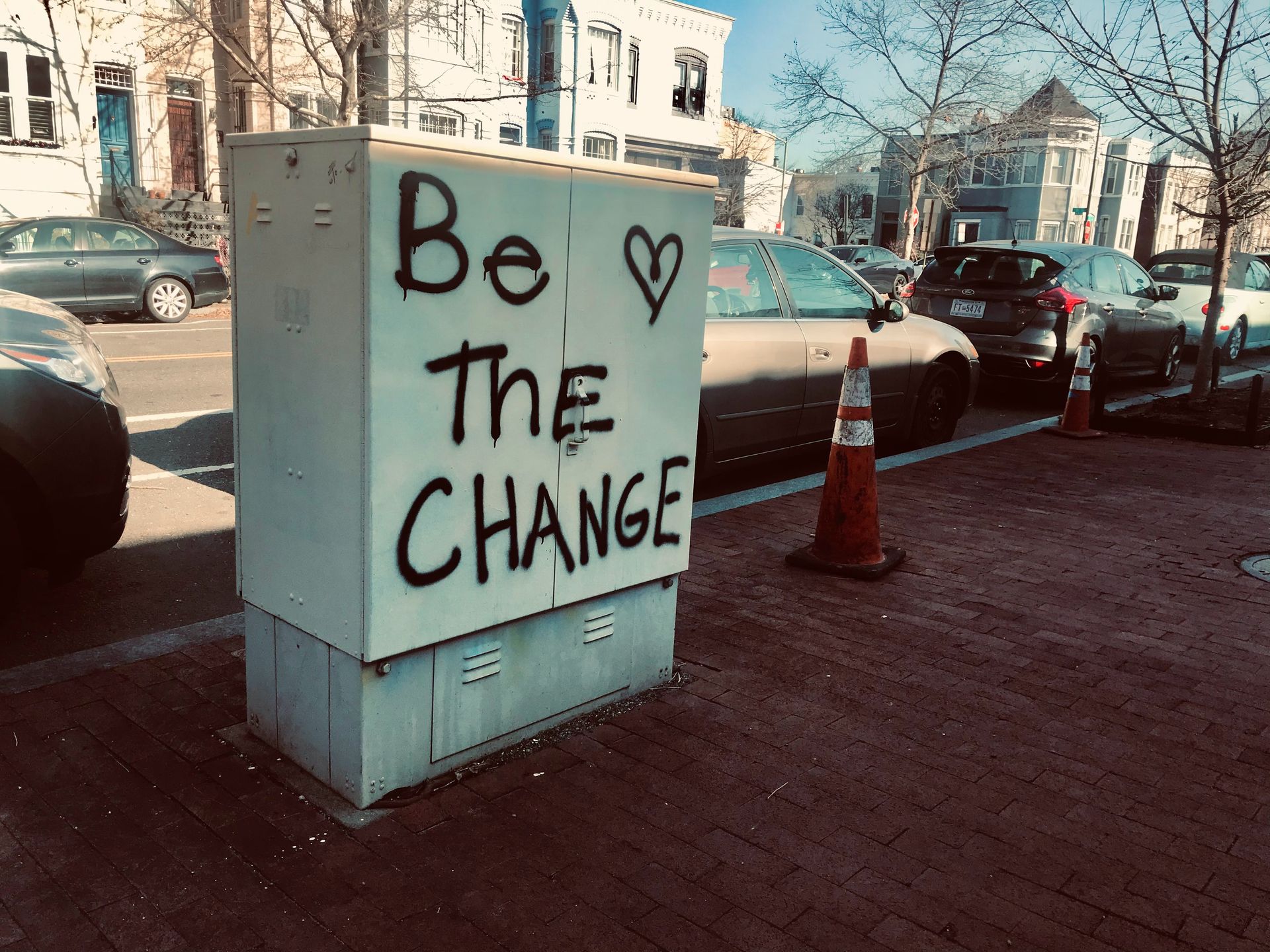Alcohol Awareness Week (16 - 22 November '20)
Emma Williamson

16th – 22nd November 2020 marks Alcohol Awareness Week, but what is it?
Alcohol Awareness Week and Mental Health
Each year Alcohol Awareness Week
aims to get people thinking about the role, prevalence and use of alcohol in society at large and how to best look after ourselves and others within the context of alcohol. The theme of this year’s Alcohol Awareness Week
explores the relationship between ‘Alcohol and Mental Health’. This feels more important than ever during a global pandemic, with high levels of change, uncertainty, isolation, boredom, loss and mental health distress when people could turn more to alcohol to cope.
Alcohol & Mental Health
Around 1 in 4 people in the UK experience a mental health problem each year [1] and 1 in 6 people report experiencing a common mental health problem (like anxiety and depression) in any given week [2]. Drinking too much or too often can increase the risk of poor mental health however many of us are unaware of the link between alcohol and poor mental health and it can be the first thing people turn to when feeling low or stressed.
Yet drinking too much or too often can mask or enhance underlying mental health problems - such as anxiety and depression - and prevent them from being properly addressed.
This can be achieved by encouraging drinkers to become more aware of, reduce and/or take more days off from drinking as well as supporting cross-sector professionals in recognising and working with the Mental Health needs of those around them.
Problems with Alcohol can also have many personal and social impacts, such as –
• financial
• education and employment
• interpersonal / relationship problems
• housing
• contact with criminal justice system
Statistics
1. 85.6% of people ages 18 or older reported that they drank alcohol at some point in their lifetime; 69.5% reported that they drank in the past year; 54.9% reported that they drank in the past month. (2019 National Survey on Drug Use and Health (NSDUH) [3]
2. Alcohol consumed per year increased by as much as 70% between 1990 and 2017 (20,999 million litres per year to 35,676 million litres per year). [4]
3. Worldwide, 3 million deaths every year result from harmful use of alcohol, this represent 5.3 % of all deaths. [5]
4. There is a causal relationship between harmful use of alcohol and a range of mental and behavioural disorders, other noncommunicable conditions as well as injuries. [5]
5. Alcohol consumption causes death and disability relatively early in life. In the age group 20–39 years approximately 13.5 % of the total deaths are alcohol-attributable. [5]
Time for change
Alcohol harm can affect any one of us, from any walk of life. But with improved understanding, forward-thinking policy and better support and treatment we can change and save lives.
We need to break the cycle of neglect and that starts with increasing our understanding - that’s where aneemo
comes in.
5 tips to help reduce your drinking habit
1. Make a plan
Before you start drinking, set a limit on how much you’re going to drink.
2. Stay hydrated
Have a glass of water before you have alcohol and alternate alcoholic drinks with water or other non-alcoholic drinks.
3. Make it a smaller one
You can still enjoy a drink – just smaller sizes! Try bottled beer instead of pints or a small glass of wine instead of a large one. You can also have less by swapping to lower strength alcohol alternatives such as going for a lower strength beer.
4. Take a break!
Have several drink-free days each week and try and build-up the duration between drinking. It is also important not to binge excessively so do still moderate drinking when you do drink and be aware that if you are alcohol dependent or drinking a lot you should never stop drinking suddenly, but instead slowly reduce. Sudden alcohol withdrawal for dependent drinkers can cause seizures and should be done with advice.
5. Let them know
If you let your friends and family know you’re cutting down and it’s important to you, you could get support from them to help reach your goal. You can also access support you’re your GP, local Alcoholic Anonymous (AA) meeting or through online forums and helplines. See www.drinkaware.co.uk for more information.
Help for staff teams and professionals
In many cases organisations offer support for an individual issue/problem, however it gets complicated when there is more than one issue to deal with.
Remember, the individual who seeks help does not usually know which way to turn and ends up being pushed from one service to another, and eventually dropping out of the system altogether. It’s therefore imperative that the staff involved in these situations are aware of the difficulties one may have, and how to deal with them.
aneemo
recognises this and can help your organisation take a giant leap in this direction.
aneemo
have taken a lead in tackling poor Mental Health and substance misuse issues by empowering and upskilling staff through courses such as our ‘Mental Health Skills’ staff training course. This contains modules on various mental health problems including substance use and how to offer appropriate support.
This course, like other aneemo
courses enable frontline support staff to feel confident in understanding the factors that impact on mental health & wellbeing whilst recognising key mental health presentations, feeling confident in offering support and delivering brief interventions to enhance wellbeing as well as how and when to signposting for further support.
How do I get started?
Our ‘Mental Health Skills’ course is available now.
Enrolment will help increase awareness of recognising and working with risk and key mental health and substance use problems.
There are also a host of other courses covering powerful topics such as Adult Safeguarding, Strengths-Based Approaches, Trauma Informed Care
and Psychologically Informed Environments.
View all courses here: https://www.aneemo.com/courses
contact@aneemo.com
www.aneemo.com
References:
1. McManus, S., Meltzer, H., Brugha, T. S., Bebbington, P. E., & Jenkins, R. (2009). Adult psychiatric morbidity in England, 2007: results of a household survey.
2. McManus S, Bebbington P, Jenkins R, Brugha T. (eds.) (2016). Mental health and wellbeing in England: Adult psychiatric morbidity survey 2014.
3. Substance Abuse and Mental Health Services Administration (SAMHSA). 2019 National Survey on Drug Use and Health (NSDUH). Table 2.1B—Tobacco Product and Alcohol Use in Lifetime, Past Year, and Past Month among Persons Aged 12 or Older, by Age Group: Percentages, 2018 and 2019. Available at: https://www.samhsa.gov/data/sites/default/files/reports/rpt29394/NSDUHDetailedTabs2019/NSDUHDetTabsSec t2pe2019.htm#tab2-1b Accessed 9/15/20
4. https://www.medicalnewstoday.com/articles/325135#Steep-increase-in-alcohol-consumption
5. https://www.who.int/news-room/fact-sheets/detail/alcohol

As January draws to a close, many people who embraced Dry January are beginning to reflect on the experience. For some, it’s been a chance to reset habits, explore healthier routines, and notice the benefits of change. For others, it might have sparked a realisation about the challenges of maintaining those changes longer-term.

Health and social care staff commonly tell us that supporting individuals who have a history of offending presents unique challenges. These challenges stem from the complex systems as well as multiple needs that often accompany a history of offending. It is well documented that people in contact with the criminal justice system can have high levels of mental health and substance use difficulties, histories of trauma and adversity, homelessness, and experience barriers in social inclusion. Individuals may also struggle with accessing education, employment, and stable housing, creating a cycle that can be difficult to break.

As year end approaches we've been reflecting on everything we've achieved and been part of at aneemo HQ. It's been a busy 12 months, from new course launches to bespoke training programmes and exciting new partnerships. We've picked out our top 10 favourite highlights below - thank you to everyone involved in making it another inspiring and jam-packed year!

This years’ 10th of October marks an important day in highlighting and raising awareness of how a community can comprehensively support its members. Not only does World Mental Health Day fall upon this day, but the date is shared with the recognition of World Homeless Day also. The 10th of October therefore creates a powerful and special opportunity for open and critical discussion into how we, as a society, can best support those who are struggling and effectively drive political change to support those facing multiple disadvantages.

Aneemo is pleased to be working in partnership with Westminster City Council and Groundswell to develop a three tiered PIE training programme, launching in early 2023 . Funded for three years by the DLUCH Rough Sleeping Innovation grant, each level of the programme supports Westminster City Councils drive to create a Psychologically Informed and Trauma Informed supportive community model and cross-sector, borough-wide intervention.






